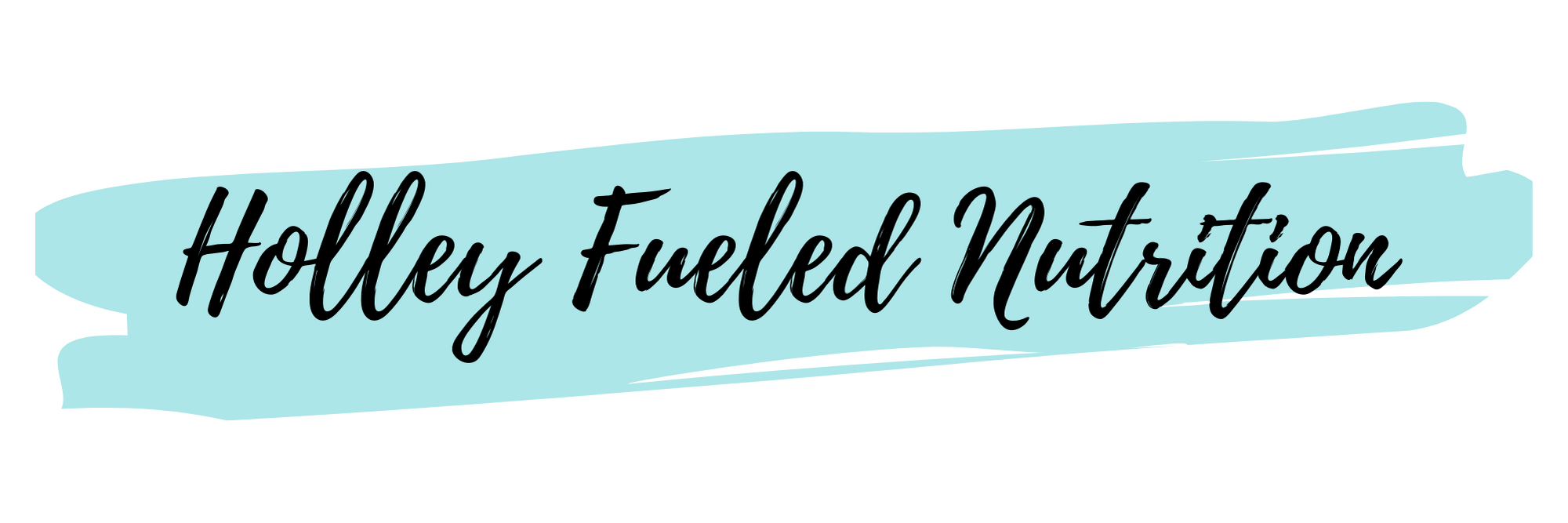Micronutrient Series: Zinc
Written by Emily Pomfrey Wells & fact checked by Holley Samuel MEd, RD, LD, CPT
Zinc is an essential nutrient that our bodies need to stay healthy. We get zinc from foods such as oysters, crabs, beef, pork chops, baked beans and fortified cereals. Running puts additional stress on our bodies which can increase the amount of micronutrients needed to stay healthy and improve our performance. Many runners aren’t eating enough calories or adhere to vegetarian or vegan eating patterns; which can increase likelihood of certain nutrient deficiencies. Vegetarian and vegan runners are at an increased risk for zinc deficiency because many of the food sources higher in zinc are from animal products - our body uses zinc from animal products more readily than plant based foods with zinc.
Plant based foods that contain zinc also contain phytates, which can inhibit the absorption of zinc and other minerals. Soaking seeds, grains, and beans in water until sprouts form an improve zinc availability in plant based foods, as can consuming grain products that are leavened like bread. The leavening process breaks down these phytates.
Our immune systems need vitamins and minerals to function optimally and zinc is an important immune supporting mineral. The research suggests that even a slight zinc deficiency can increase risk for infection. Vitamin and mineral deficiencies combined with stress from hard training weeks can increase infection risk and severity of infection symptoms; this is why eating enough and optimizing our performance plates to support training needs is so important.
In addition to helping our immune system, zinc plays an important role in cell growth and replication while also working with antioxidants to protect against cell damage. Zinc helps with our taste, sense of smell as well as our hair and nail growth, and is important for hormone production too.
It’s recommended that adult males consume 11 mg of Zinc per day and females 8 mg with increased needs for pregnancy and lactation. Vitamin and mineral deficiencies- including zinc deficiency- can cause fatigue and cognitive changes including depression. Other symptoms of zinc deficiency include hair loss, slow healing of wounds and loss of appetite. Serum zinc levels can be tested as part of an zinc level evaluation, although there are limits to results from this test and other factors such as overall health and diet need to be taken into consideration. Like other vitamins and minerals we have discussed, taking too much zinc has unwanted side effects and can decrease levels of other important minerals such as copper and iron. Zinc supplements can also impact the effectiveness of other medications.
Here are three easy ways to incorporate foods rich in zinc in to your meals or snacks this week:
A slow cooker beef roast is a great way to add zinc to your day. A 3oz. serving of beef provides approximately 7.0 mg of zinc.
Top your yogurt or granola with pumpkin seeds or add some to a grab-and-go trail mix; almonds and cashews also contain zinc. An ounce of pumpkin seeds provides approximately 2 mg of zinc.
Chicken thighs contain zinc as well. Try these Spicy Honey Thighs for 2.5mg of zinc per serving.
Nutrition is an essential part of your training and without adequate fueling we can’t perform our best. It’s important to know what micronutrients you might not be getting enough of because together the various micronutrients work to keep our immune system strong, keep us energized and help us to recover and build muscles.
References:
Zinc Fact Sheet for Professionals. National Institute of Health. Updated December 7, 2021. Accessed May 18, 2022. https://ods.od.nih.gov/factsheets/Zinc-HealthProfessional/
Maggini S, Pierre A, Calder PC. Immune Function and Micronutrient Requirements Change over the Life Course. Nutrients. 2018 Oct 17;10(10):1531. doi: 10.3390/nu10101531. PMID: 30336639; PMCID: PMC6212925.
Nasiadek M, Stragierowicz J, Klimczak M, Kilanowicz A. The Role of Zinc in Selected Female Reproductive System Disorders. Nutrients. 2020;12(8):2464. Published 2020 Aug 16. doi:10.3390/nu12082464
Tardy AL, Pouteau E, Marquez D, Yilmaz C, Scholey A. Vitamins and Minerals for Energy, Fatigue and Cognition: A Narrative Review of Biochemical and Clinical Evidence. Nutrients. 2020 Jan 16;12(1):228. doi: 10.3390/nu12010228. PMID: 31963141; PMCID: PMC7019700.
